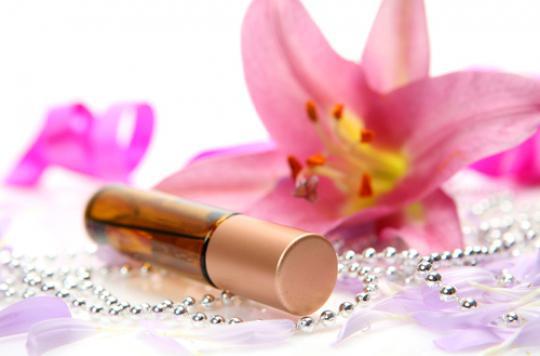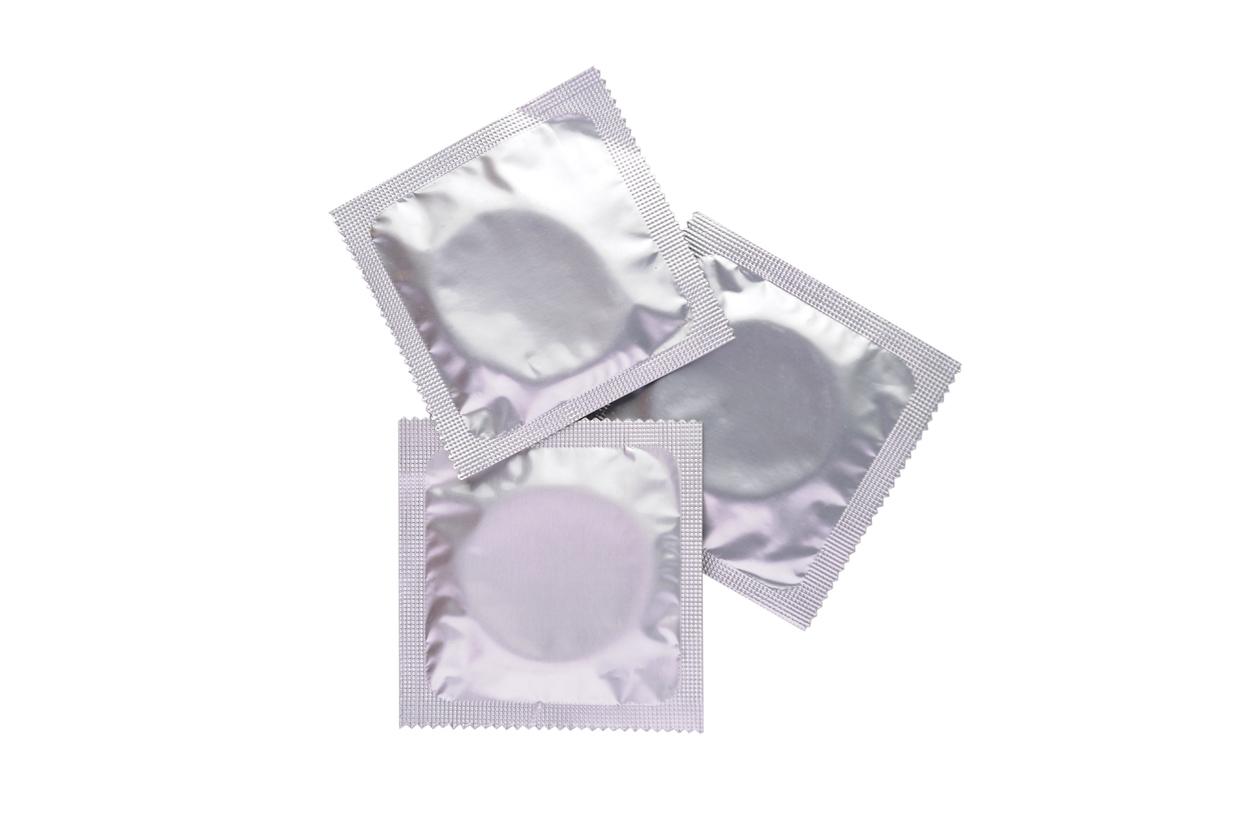Pheromone fragrances sold as aphrodisiacs would have no effect on sexual attraction, study confirms.

If you spray yourself with pheromones hoping to capture prey in your nets, you’re wasting your time and probably a lot of money. Perfumes composed of these chemicals, known to play a role in animal sexuality, are of no use in humans, according to a study published in the journal Royal Society Open Science.
Australian researchers looked at androstadienone and estratetraenol, two substances marketed since the 1990s as human pheromones in the form of perfumes, colognes and unscented concentrates believed to enhance sexual attraction.
Pheromones … non-human
About 100 heterosexual people (43 men and 51 women) were exposed to the two pheromones for one day and to a control perfume the next day. After each exposure, they took several tests to assess the degree of seduction or the risk of infidelity based on photos of people of the opposite sex.
Verdict: “The results are consistent with those of other experimental studies which suggest that androstadienone and estratetraenol are unlikely to be human pheromones,” write the authors. As such, the impact on humans and their sexual appetite is by nature very limited.
Already, in March 2015, in a previous study of British researchers showed that the so-called human pheromones sold in commerce had no scientific basis.
Still, the researchers do not rule out the fact that sex pheromones other than androstadienone and estratetraenol may affect our assessment of seduction or infidelity.
.

















